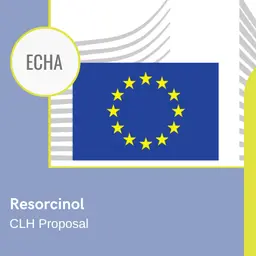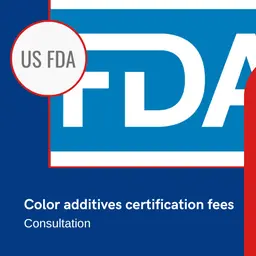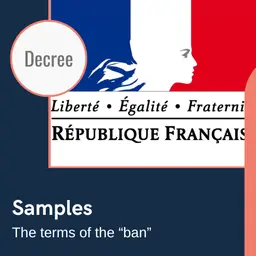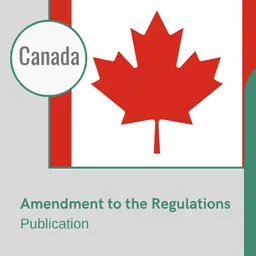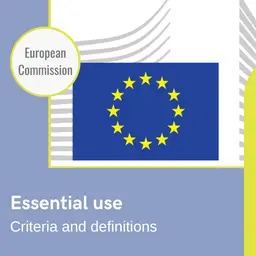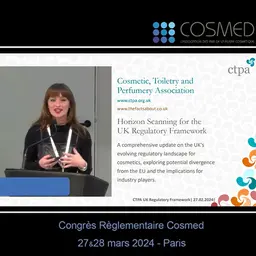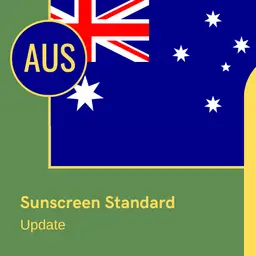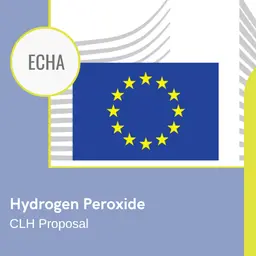
The preservative Polyaminopropyl biguanide (PHMB) at a maximum concentration of 0.1%, water-soluble Zinc salts used in oral products, the fragrance Acetylated vetiver oil, and the hair dye Dimethylpiperazinium aminopyrazolopyridine HCl (A164): the safety of these four cosmetic ingredients will be assessed by the SCCS. The requests from the European Commission were published on October 14, 2016.
Polyaminopropyl biguanide (PHMB)
Background
Poly(hexamethylene) biguanide hydrochloride (PHMB) (CAS 32289-58-0 / 27083-27-8 / 28757-47-3 / 133029-32-0) with INCI name Polyaminopropyl biguanide, is currently listed in Annex V (entry 28) of the Regulation (EC) No. 1223/2009 (Cosmetics Regulation) as preservative to be used in all cosmetic products up to a maximum concentration of 0.3%.
Polyaminopropyl biguanide (PHMB) is classified as CMR2 according to the Commission Regulation (EU) No. 944/2013 of 2 October 2013 amending for the purposes of its adaptation to technical and scientific progress the Regulation (EC) No. 1272/2008. The classification applies from 1st January 2015 and according to Art. 15 of the Cosmetics Regulation, PHMB is considered prohibited as cosmetic ingredient from 1st January 2015.
However, Art. 15 of the Cosmetics Regulation states that 'a substance classified in category 2 may be used in cosmetic products where the substance has been evaluated by the SCCS and found safe for use in cosmetic products. To these ends the Commission shall adopt the necessary measures in accordance with the regulatory procedure with scrutiny referred to in Article 32 of this Regulation.'
The SCCS published an Opinion on the safety of PHMB in June 2014 successively revised in December 2014 (SCCS/1535/14) in …



